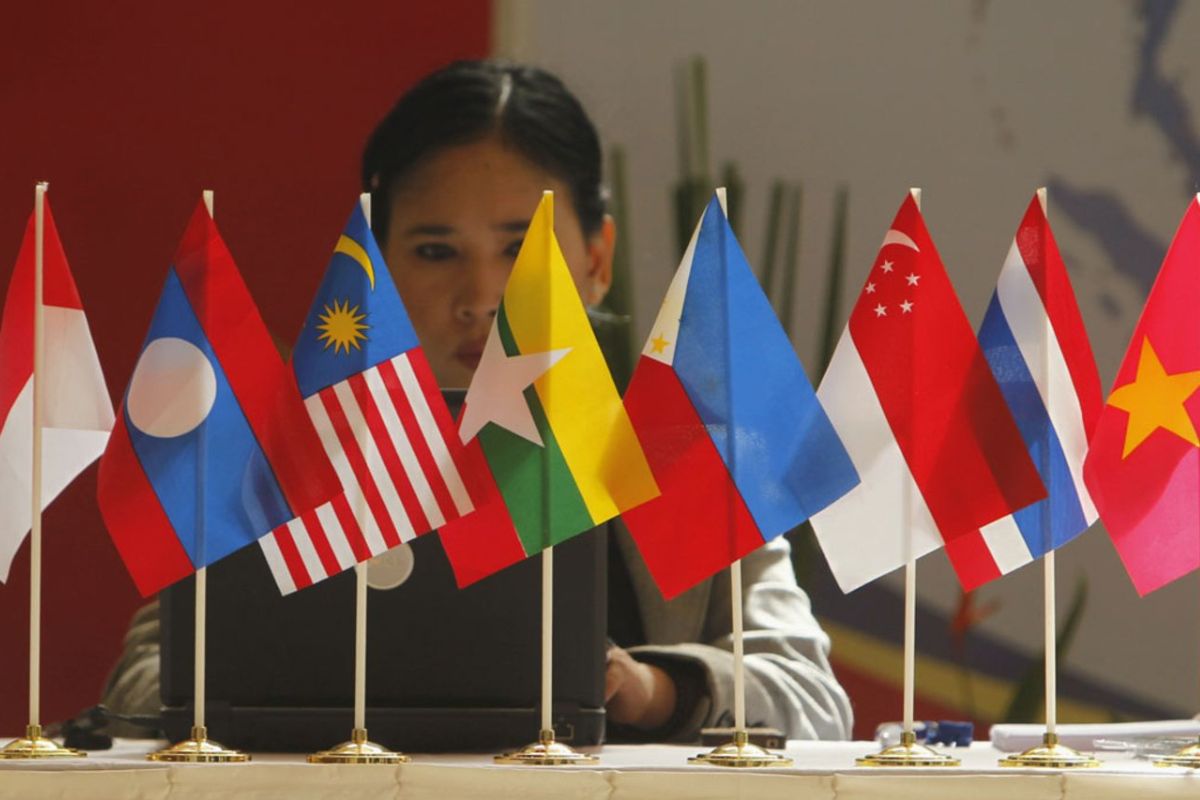China has moved quickly to boost economic ties with the Association of Southeast Asian Nations (ASEAN) even as US President Joe Biden’s absence from the gathering of the bloc’s leaders in Jakarta this week highlighted Washington’s failure to challenge its strategic rival’s dominance in the region. Despite simmering tensions over China’s new territorial map among some ASEAN member-states, China and ASEAN on Wednesday inked several agreements including one to make agriculture “a new growth engine” and another to ensure food security in the region which also comprises some less well-off nations. Significantly, the leaders also agreed to upgrade the ASEAN-China Free Trade Agreement ~ FTA 3.0 ~ that will now include cooperation in the spheres of digital economy, green economy and supply chains, the Indonesian Foreign Minister told the media. The minister added that the controversy over China’s map was “not discussed”. Chinese Premier Li Qiang ensured the optics were just right too, hopping on for a test ride on the China-backed Jakarta-Bandung high-speed railway which is expected to begin commercial services next month. He was also reported to have iterated that Beijing would be very happy if it can also get involved in a plan to further connect the line to Surabaya, the biggest city in Indonesia’s East Java province. Given China has over the past decades built 41,000 kilometres of high-speed rail, many other ASEAN-states are expected to queue up for Chinese funds, technology, and execution capability to improve their respective transport infrastructure. In contrast to the Chinese Premier’s high impact meetings with ASEAN leaders and concrete outcomes of those talks, the ASEAN-US summit in which America was represented by Vice President Kamala Harris seemed insipid and resulted in no tangible takeaways. Ms Harris said her usual piece about the “defence and deterrence commitments” of the USA in the region, reiterated that ASEAN was at the centre of America’s commitment to the Indo-Pacific, and added that the Biden Administration plans to establish a US-ASEAN Centre in Washington to facilitate a “visual ASEAN engagement… and support further exchange between our people, businesses and academic institutions”. Experts are unanimous that China’s economic influence, given its trade, investment, and infrastructure partnerships with ASEAN countries, is extraordinary. This was exemplified by the fact that not a single ASEAN leader directly attacked Beijing’s new territorial map in public despite misgivings. Such is the need felt by ASEAN countries to keep China onside that nobody was willing to risk raising the map issue as Mr Li may well have abandoned the meet if they did. The fact that President Biden chose not to attend ~ his participation would have gone some way in counterbalancing growing Chinese influence across Southeast Asia ~ may have confirmed for ASEAN that a regional hegemon needs placating more than a faraway ally. A deepening of China-Asean strategic relations is on the anvil given the rock-solid economic partnerships already in place. The region had better watch out.
Advertisement









